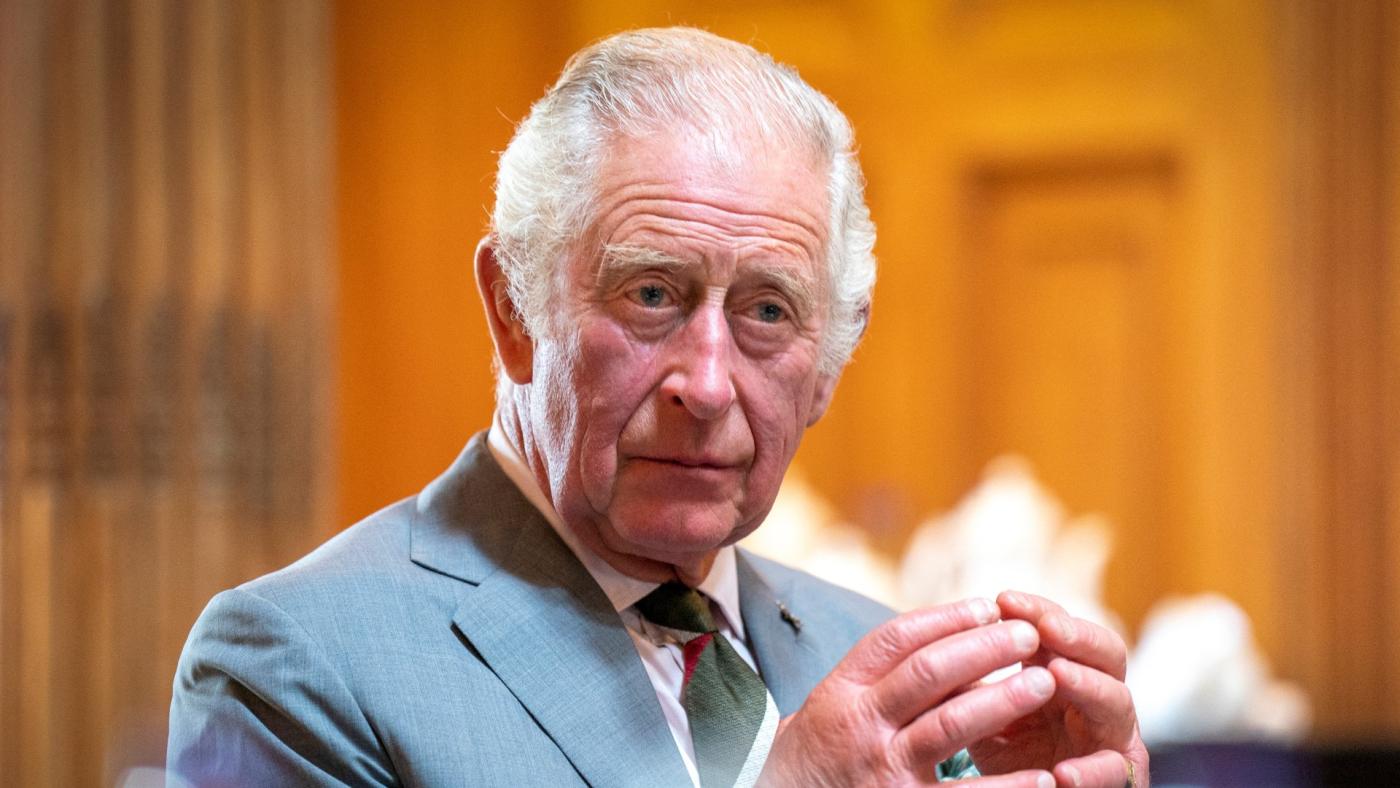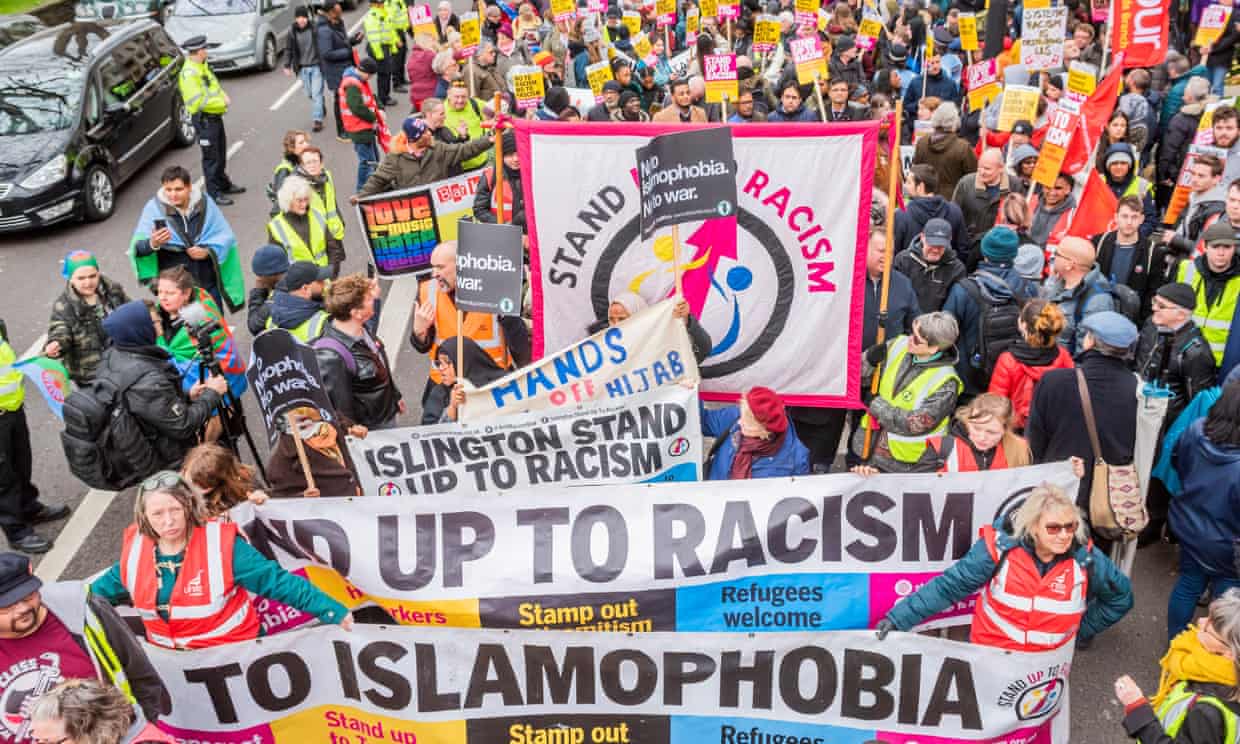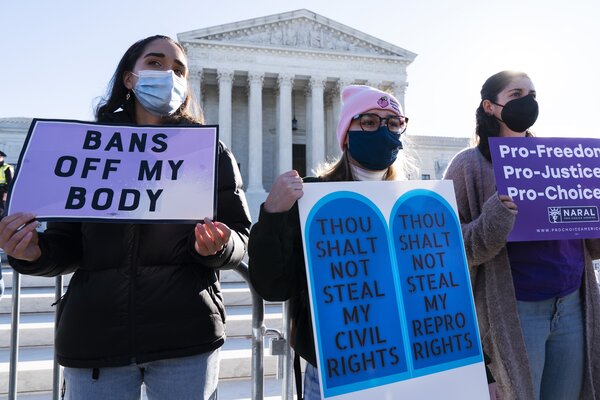In the religion section of the Swiss weekly magazine Die Weltwoche, Pierre Heumann describes the plight of Christian minorities in Muslim countries across the world. As he hops from Algeria to Egypt, and from Malaysia to Pakistan, Heumann recounts how local Christians become the scapegoats for Muslim anger against the West. Muslim countries account for 80 percent of discrimination worldwide against those of different faith, and rumours about missionary activities or Koran desecration can quickly lead to violence against local Christian populations.
Heumann criss-crosses the Muslim world, noting how the construction of churches is prohibited in Iran and Saudi Arabia, and commenting on the recent armed attacks in Egypt on a Coptic Christmas celebration. This discrimination includes even Turkey, tells us German sociologist Tessa Hofmann, where since the beginning of the 20th century and the Armenia genocide the state has often been involved in the repression of non-Muslims.
According to the (Swiss) bishop of Saudi Arabia, Paul Hinder, this is because Christians in Muslim-majority countries are seen as ‘foreigners,’ as are treated as second-class citizens. Heumann explains how this intolerance has grown even in birthplace of Christianity, as threats and discrimination have led to the dwindling of the Christian population in Bethlehem and Nazareth.
The only place worse for Christians outside of Muslim countries is North Korea, according to the organization Open Doors. In Muslim countries simple rumours can lead to the burning of churches and attacks on the population, which Egyptian political scientist, Emad Gad, attributes to a systemic Islamic indoctrination in politics, schools and mosques.
This fanaticization has become dangerous for Christian minorities, and especially for the Coptic population in Egypt. Women are often the victim of kidnappings, forced conversions and forced marriages, says Coptic activist Mary Abdelmassih. The police, if they take any action at all, more often punish the victims than protect them. Radical Islamists are financially encouraged in these attacks and kidnappings by Islamic welfare foundations, which offer rewards for every Christian girl forced to convert to Islam.
Heumann concludes morosely that these Christian minorities cannot expect any help from the Christian West, which does not wish to further jeopardize its already strained relations with the Muslim world. Not even the Vatican lends its support to the oppressed minorities. During Pope Benedict XVI’s visit to Bethlehem he attempted to win over the Palestinians by denouncing the Israeli West Bank barrier and supporting the Palestinian right of return. As for the Christians in Bethlehem, he remained silent.






